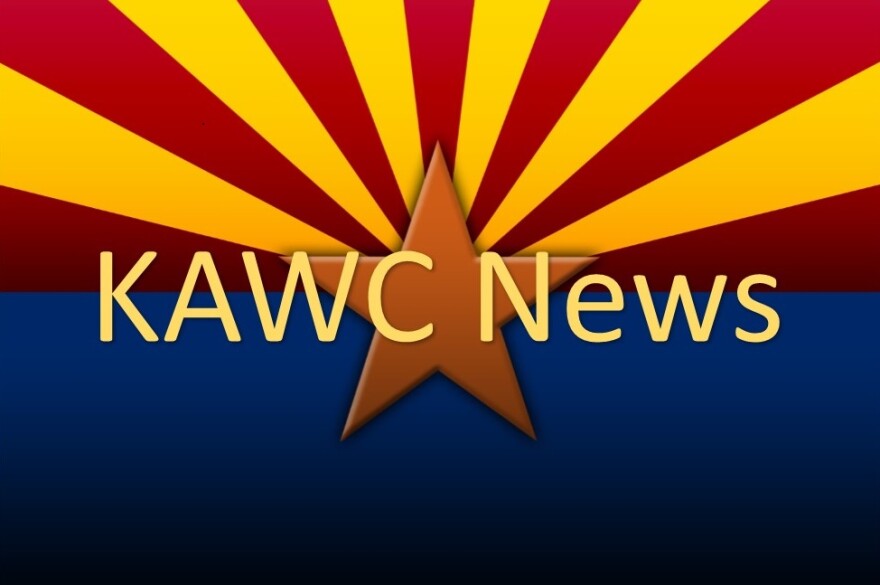By Howard Fischer
Capitol Media Services
PHOENIX -- The state House voted 45-14 Tuesday to waive the expenditure cap that is in the way of Arizona public schools being able to spend all the money they already have for this fiscal year.
The vote occurred with all Democrats in favor. None of the 14 Republicans who opposed the move explained their decisions.
But the vote does not end the debate -- or solve the problem.
Senate President Karen Fann, R-Prescott, told Capitol Media Services she was still trying to line up the necessary 20 votes -- two thirds of that chamber -- needed for its approval.
Fann has less than two weeks to corral support. Absent action by March 1, schools across the state will be forced to cut more than $1.1 billion out of their collective budgets.
Rep. Jennifer Pawlik, D-Chandler, told colleagues there was no reason for them to refuse the one-time waiver.
"The override is a temporary fix that will allow schools to spend the money they have already been allocated,'' she said.
"They have not done anything wrong,'' Pawlik continued. "And they certainly have not overspent their budgets.''
Instead, it simply recognizes -- as has the legislature at least twice before -- that the aggregate expenditure limit approved by voters in 1980 needs to be waived in certain circumstances.
House Speaker Rusty Bowers, R-Mesa, echoed the sentiment that the action should have been routine.
"Every year or other there's some issue that is politicized,'' he said. "No one ever said that the schools were doing something wrong.''
The delay in acting, Bowers said, was to make sure that the waiver did not affect other issues, like the fate of Proposition 208, a voter-approved measure that sought to raise an extra more than $800 million for K-12 education through a surcharge on the incomes of the most wealthy.
In an earlier ruling the Arizona Supreme Court said the funds cannot be collected if they would force schools to exceed the expenditure cap. Bowers noted, though, that issue is about the 2022-2023 school year; Tuesday's vote is about the current school year.
AZ House Votes to Waive Public School Spending Cap, Measure Moves to Senate





